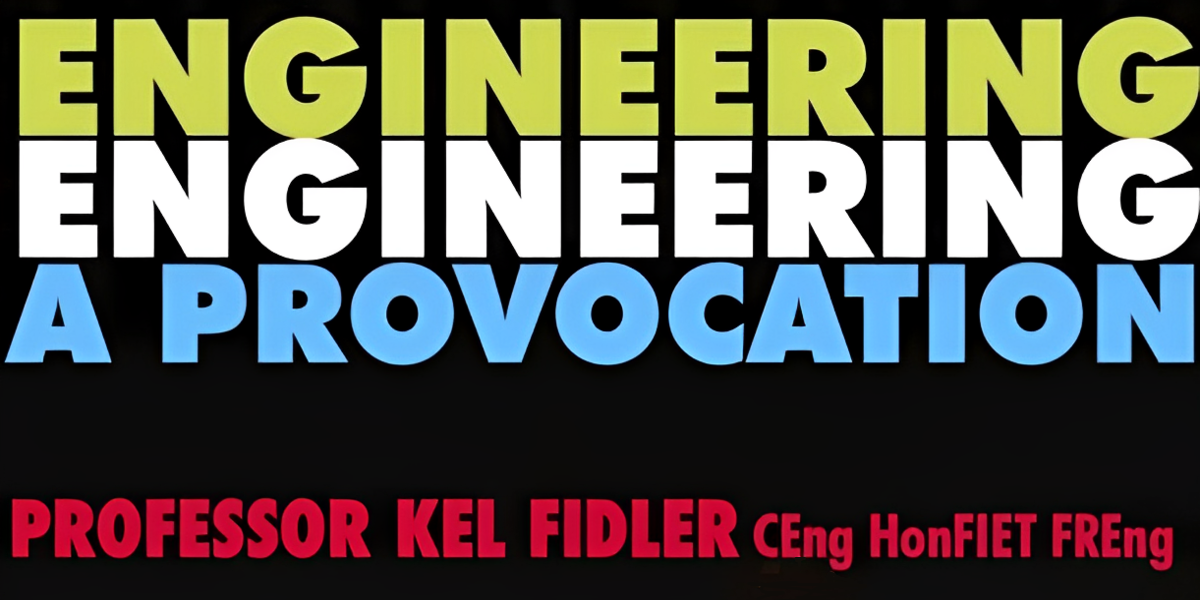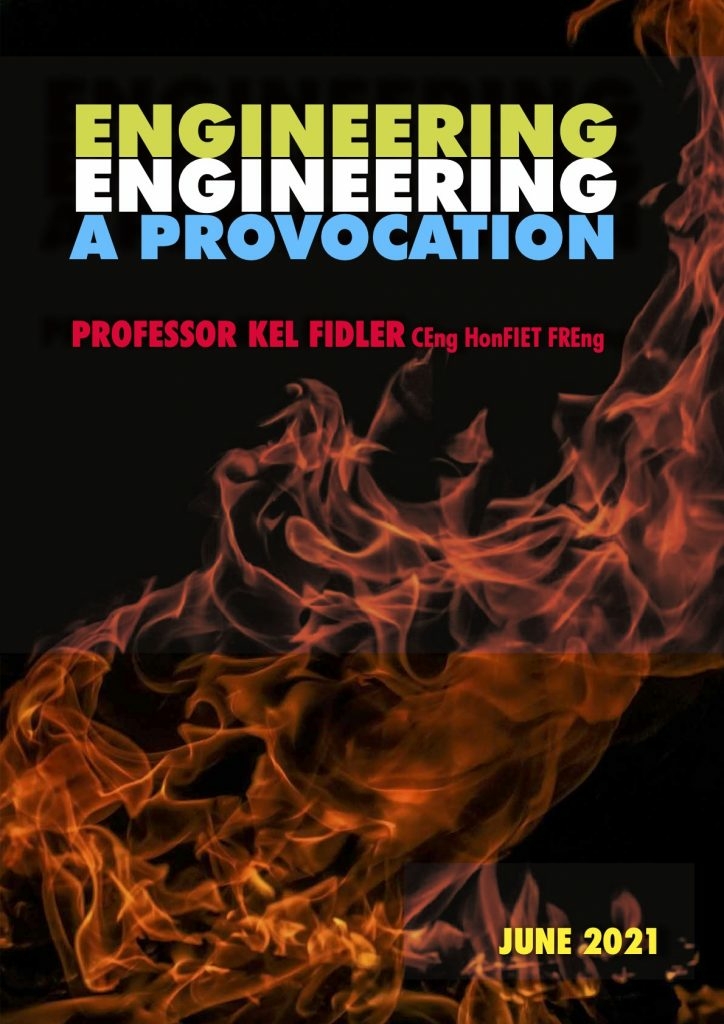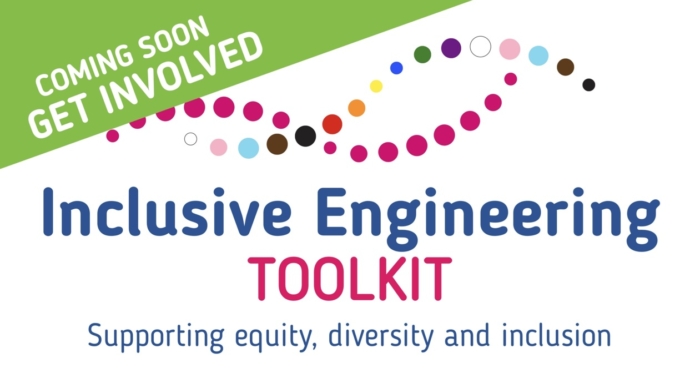Prof Kel Fidler CEng HonFIET FREng, former Vice Chancellor of Northumbria University and former Chair of the Engineering Council, has published a new paper which seeks to challenge assumptions and practice around Engineering higher education and the talent pipeline. The EPC is grateful to him for inviting us to share his paper with our members.
A recording of this event is now available to view at Recent events (epc.ac.uk). A new paper which seeks to challenge assumptions and practice around Engineering higher education and the talent pipeline was presented by Prof Kel Fidler CEng HonFIET FREng, former Vice Chancellor of Northumbria University and former Chair of the Engineering Council.
The EPC is grateful to him for inviting us to share his paper with our members in advance of the webinar we will be hosting on Tuesday 6th July 2021 which will follow up on some of the issues he raises with Prof Fidler himself and a panel of experts.
The paper itself, titled Engineering Engineering: A Provocation, offers Kel’s personal perspective and it does not represent the views of the EPC. Some of our members may agree with it wholeheartedly. Others may want to take issue with his findings and recommendations – but no one can reasonably deny that these are discussions worth having.
Few can boast so rare a pedigree of accomplishments in Engineering higher education in the UK as Prof Fidler. And, having scaled the heights, there are few people better placed to take an overview of whether we’re doing well enough at what really matters.
As his polemical paper report makes clear, all is not roses in the garden of Engineering. We have the interlinked challenges of too little diversity among engineers and too few engineers to meet the social, environmental and economic needs of the future.
Some of our best efforts to resolve these challenges have not yet created the change we want to see, and so it is right to reflect on what more – or what else – we might do.
As anyone who knows him would expect, Kel has not held back in this ‘provocation’. Some people may disagree with his diagnosis of the problems and many will no doubt disagree with some of his proposed solutions, but that, surely, is the point of a provocation?
As the voice of Engineering academics, the EPC shall hold its peace for the time being, but we welcome a no-holds-barred debate about what we can do better and, as consensus emerges, we will do our best to support and disseminate positive change. Kel’s contribution is intended to get the stone rolling down the mountain and, for that, we are grateful to him and we are delighted to encourage the ongoing discussion.
During the ‘Engineering Engineering: A Provocation‘ webcast, each topic was addressed by leading experts on the issue, chaired by outgoing EPC President Prof Colin Turner.
These included:
• Elizabeth Donnelly, Chief Executive, Women’s Engineering Society
• Hilary Leevers, Chief Executive, Engineering UK
• Tom Sheldon, Senior Press Manager, The Science Media Centre
• Prof Mike Sutcliffe, Deputy Dean, TEDI-London, and EPC President-Elect.
In particular, the event aimed to examine four themes: the role of outreach in promoting engineering, how we might attract more women into engineering, the public perception of engineering and the distinction between design engineering and engineering science.





